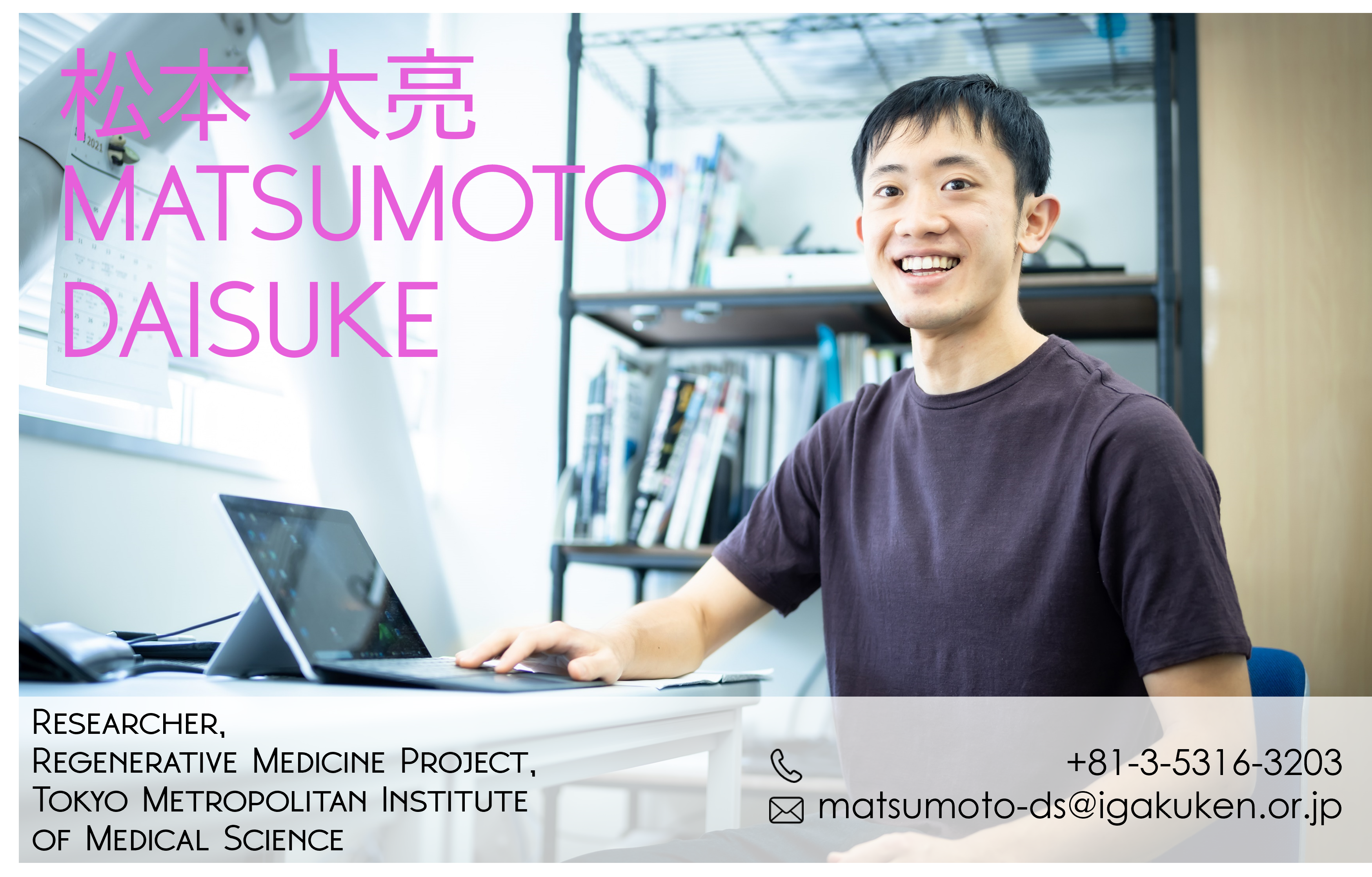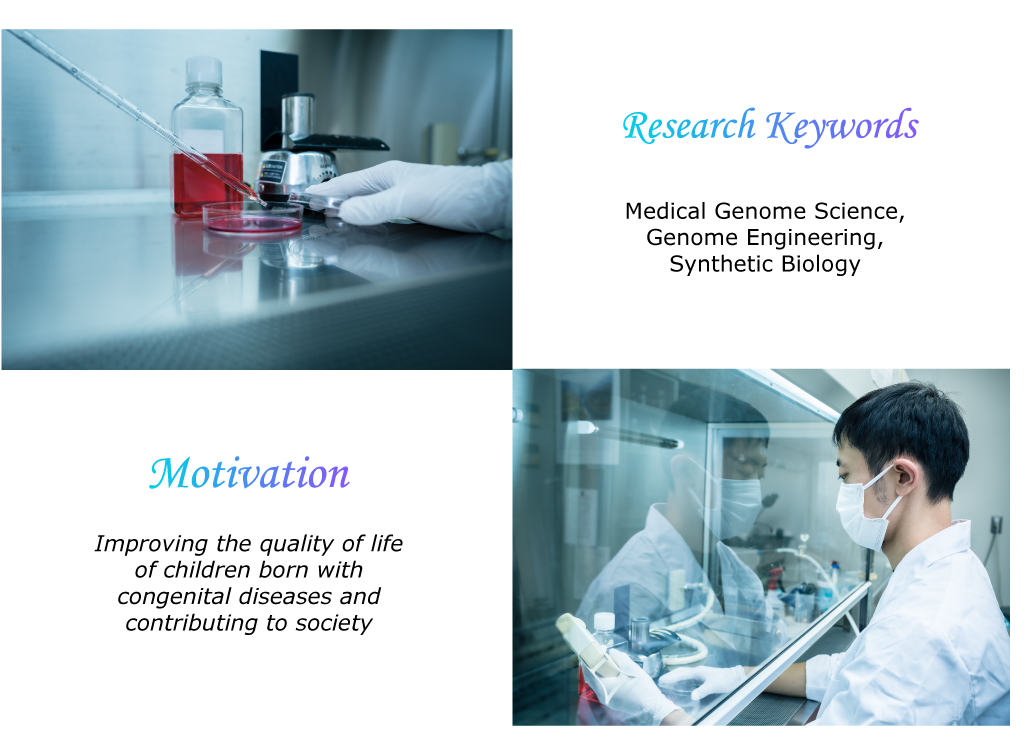

- Daisuke Matsumoto, Erina Matsugi, Kanae Kishi, Yuto Inoue, Kiyomi Nigorikawa, Wataru Nomura, “High-fidelity SpCas9-HF1 enhances accuracy of cell cycle-dependent genome editing by increasing HDR efficiency, and by reducing off-target effects and on-target mutation rates”, Molecular Therapy: Nucleic Acids, Pre-proof (2024). DOI
- Daisuke Matsumoto, Kanae Kishi, Erina Matsugi, Yuto Inoue, Kiyomi Nigorikawa, Wataru Nomura, “Cas9-Geminin and Cdt1-fused anti-CRISPR protein synergistically increase editing accuracy”, FEBS Letters, 597(7), 985-994 (2023). DOI
- Daisuke Matsumoto, Hirokazu Tamamura, Wataru Nomura, “A cell cycle-dependent CRISPR-Cas9 activation system based on an anti-CRISPR protein shows improved genome editing accuracy”, Communications Biology, 3(1), 601 (2020). DOI
- Daisuke Matsumoto, Hirokazu Tamamura, Wataru Nomura, “TALEN-Based Chemically Inducible, Dimerization-Dependent, Sequence-Specific Nucleases”, Biochemistry, 59(2), 197-204 (2020). DOI
- Daisuke Matsumoto, Ramachandra Rao Sathuluri, Yoshio Kato, Yaron R. Silberberg, Ryuzo Kawamura, Futoshi Iwata, Takeshi Kobayashi, Chikashi NakamuraKeiichi Imato, Atsushi Irie, Takahiro Kosuge, Tomoyuki Ohishi, Masamichi Nishihara, Atsushi Takahara, Hideyuki Otsuka, “Oscillating high-aspect-ratio monolithic silicon nanoneedle array enables efficient delivery of functional bio-macromolecules into living cells”, Scientific Reports, 5, 15325 (2015). DOI
To view a more comprehensive list of publications, please click on the "researchmap" link below.
Born in Tokyo, Dr. Matsumoto attended the Tokyo University of Agriculture and Technology, and after graduating from the Department of Biotechnology and Life Science at the Faculty of Engineering in 2014, he went on to study at the Graduate School of Engineering at the same university. After completing his master’s degree, he obtained a doctorate from Tokyo Medical and Dental University. In 2019, he went to the U.S. and became a Doctoral Research Fellow at the Scripps Research Institute. He moved to his post as Assistant Professor at the Hiroshima University Graduate School of Biomedical and Health Sciences in 2020. With his own point of view and unique ideas, Dr. Matsumoto is working on developing new gene therapy.
Due, in part, to the influence of CRISPR-Cas9, which won the Nobel Prize just eight years after it was announced, genome editing is garnering attention. Technology that freely modifies genes can be expected to cause a new industrial revolution and there are particular expectations of its application in the medical field. However, in order to actually use it in the medical field, there are a number of issues, and further technological development is required. Dr. Matsumoto, along with being involved in the technological development of gene editing, is devising treatment tools that send gene information into cells using an approach from a completely new perspective; the artificial organelle approach, and has started his research in order to provide actual proof for his ideas.

 Home
Home




